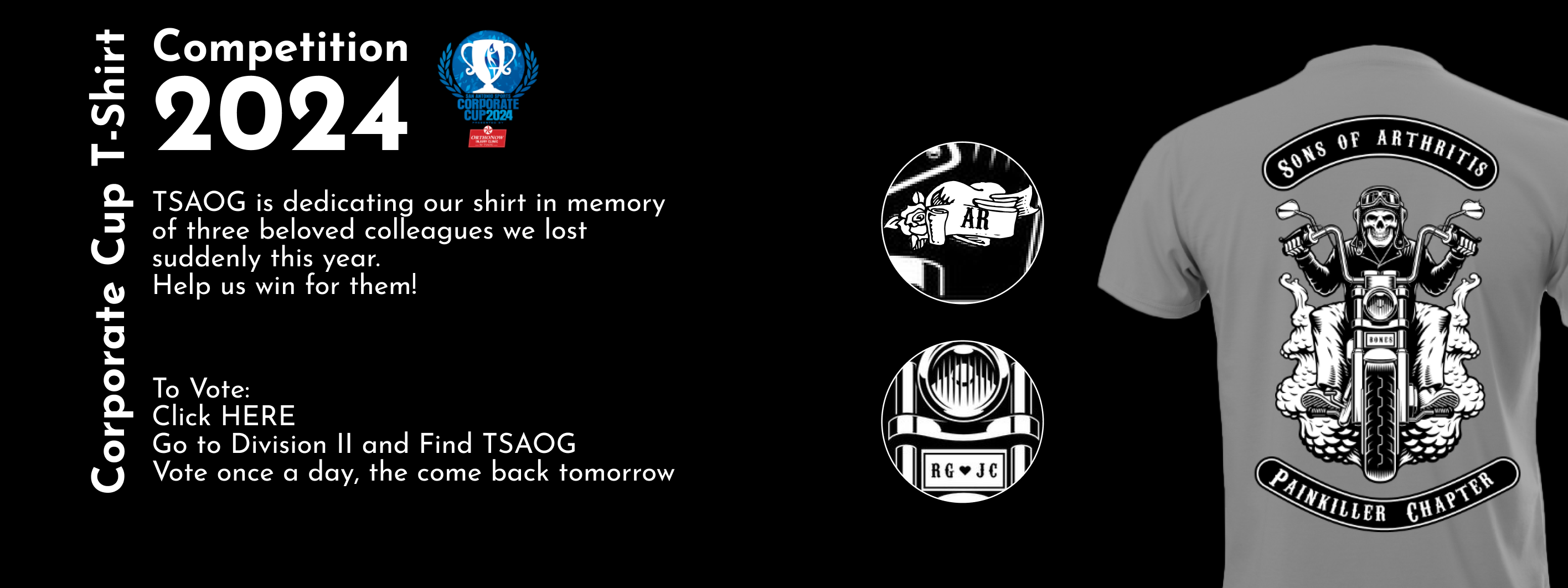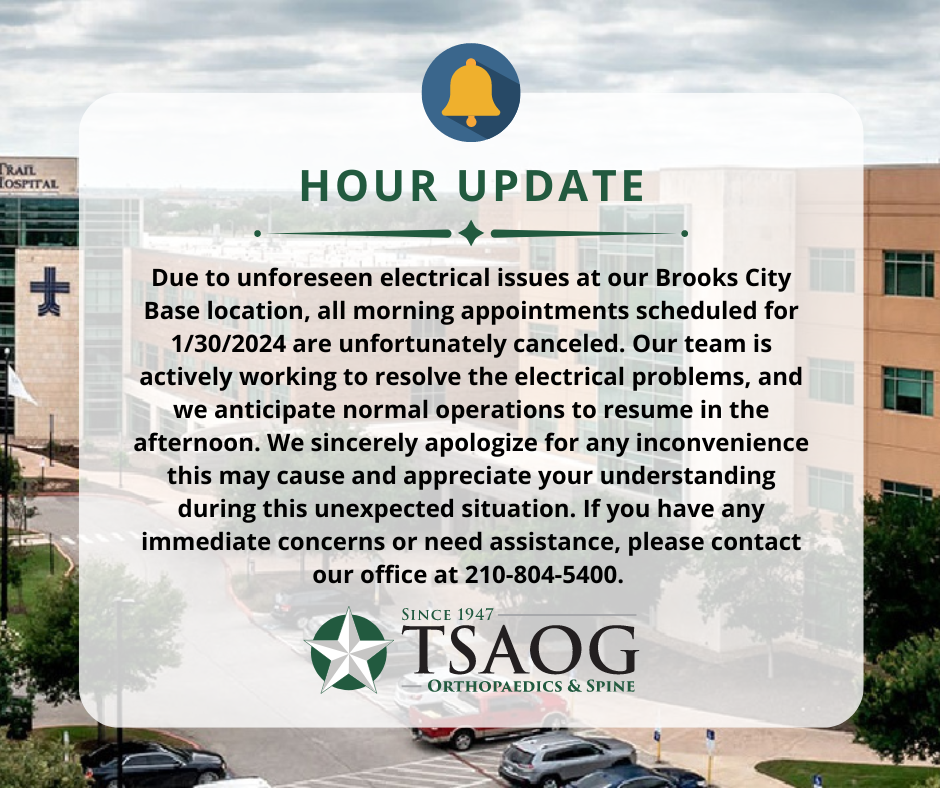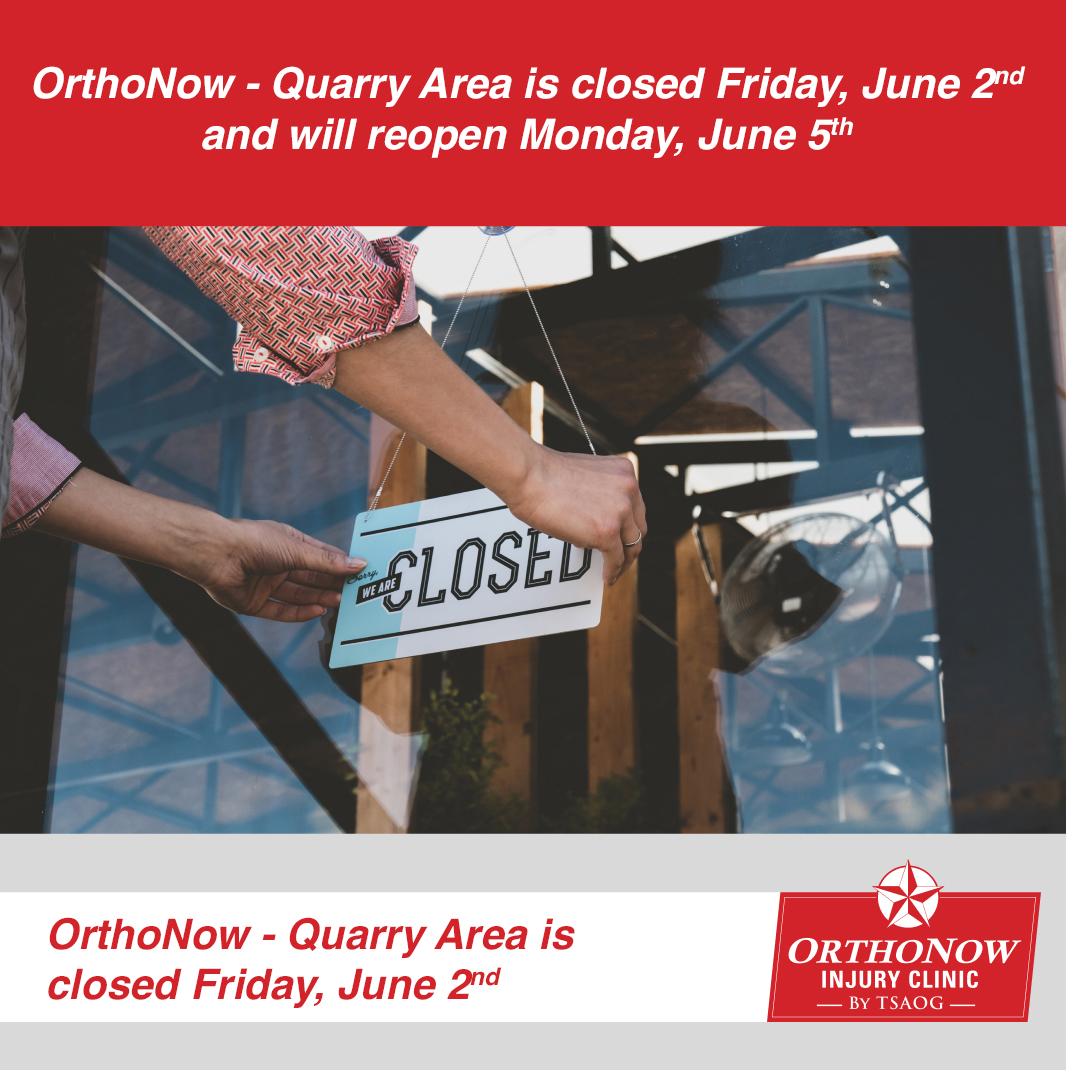Dr. Christian Balldin of TSAOG spoke with Jim Forsyth on WOAI radio this week to discuss a new study, which states that despite increased media coverage of concussions, many high school athletes choose not to report concussion symptoms for fear of being excluded from play. See the whole story below.
Thursday, November 1, 2012
Many High School Athletes Still Ignoring Concussion Symptoms
Study shows desire to play trumps health concerns
Jim Forsyth
Despite new emphasis being placed on avoiding concussions, and new UIL rules requiring specific precautions be taken if a concussion is taken, a new survey shows one third of high school football players are still ignoring or covering up concussion symptoms.
The reasons: they are afraid that coming forward will result in being excluded from the team, or that they will be considered to be ‘soft’ or a ‘crybaby’ by coaches and fellow players.
“Parents as well as athletic trainers and coaches all need to be aware of the repercussions of concussions, and especially of a second concussion very soon after an initial injury,” Dr. Christian Balldin, orthopaedic surgeon with the San Antonio Orthopaedic Group.
Researchers found that 32% of high school football players said they had clearly concussion-like symptoms, like headaches, confusion, or vomiting, but did not seek medical attention.
The National Football League has been working to raise concussion awareness, and new UIL rules stipulate that teenaged players who are suffering from concussion symptoms be removed from play and cannot return until they have been cleared by a doctor.
But Dr. Balldin says the key is for coaches and trainers to make sure young players are aware that getting a concussion will not mean the end of their season.
“Most concussions won’t keep you out for the entire season,” he said. “But they need to be monitored not only by the parent and coaches, but also by a neuro-psychologist.”
The NFL is being accused in a class action lawsuit with allowing players to continue to play with multiple concussions, leading to dementia and other long term health problems.
“Some of the signs are simply headaches and dizziness,” said Balldin, who is team physician for Our Lady of the Lake University’s athletics program.
See the article online at WOAI: https://woai.iheart.com/cc-common/mainheadlines3.html?feed=119078&article=10539846
Dr. Christian Balldin is an orthopaedic surgeon, fellowship trained in sports medicine, with The San Antonio Orthopaedic Group. He treats patients aged 3 years and up for all orthopaedic conditions with the exception of the spine. His special interests include sports-related injuries and hip arthroscopy. To schedule an appointment with Dr. Balldin, call 210.281.9595.














